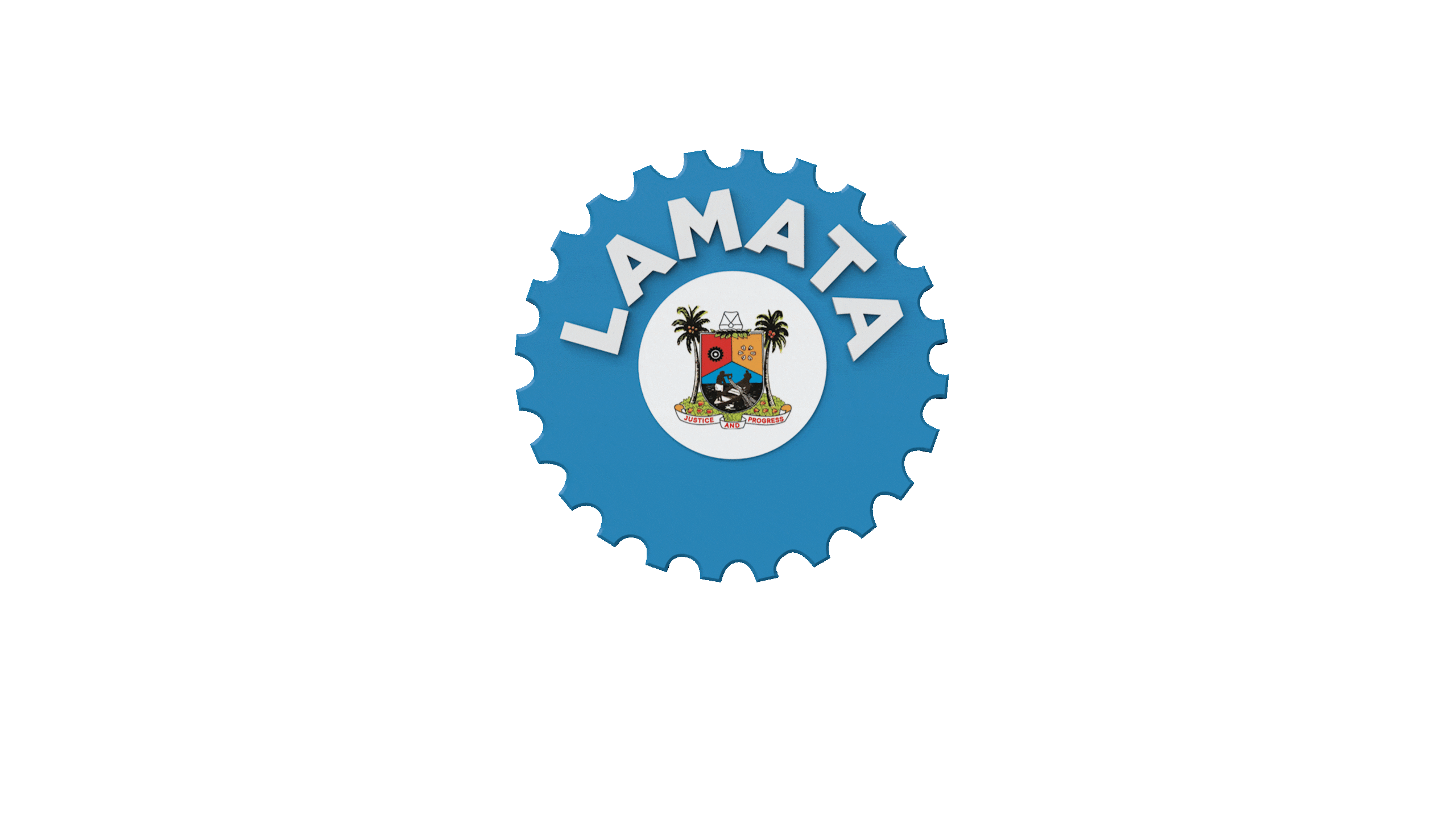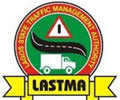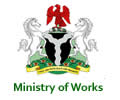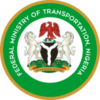The Lagos Metropolitan Area Transport Authority (LAMATA) today hosted a critical roundtable discussion on emission management, unveiling its ambitious strategies to achieve net-zero carbon emissions in Lagos by 2050.
The session brought together key stakeholders from the transport and environmental sectors at the LAMATA head office to discuss the impact, challenges, and actionable strategies for emission reduction across the state.
The discussion, a collaborative effort between LAMATA, Wycliffe Advisory and Consulting Ltd, and the Nigeria Climate Innovation Center (NCIC), served as a pivotal platform for shared expertise in urban sustainable and climate-friendly mobility.
During the session, the Managing Director of LAMATA, Engr. Mrs. Abimbola Akinajo revealed a significant projection: daily trips within Lagos are expected to surge to 40 million by 2032. In response to this anticipated increase and the overarching net-zero goal, she outlined LAMATA’s multi-pronged approach to mitigate emissions. These strategies include the rigorous implementation of the Bus Reform Initiative, promotion of waste-to-fuel initiatives, active encouragement of Non-Motorized Transport (NMT) like walking and cycling, and substantial investment in air quality monitoring and baseline data collection.
The high-profile event saw attendance from a diverse group of key stakeholders from both the private and public sectors. Notable participants included Alexandre Lorot from AFD, Ayotomi Olumide from FCDO, Mayesther Ezeadi of the Development Bank of Nigeria, Philip Handschin from AaraGO, Chidinma Onyeiwu representing Deloitte, Abimbola Olufore, Principal Partner at Wycliffe Advisory and Consulting Limited, Waziri Mainasara from Urban Better, Bankole Oloruntoba, CEO of Nigeria Climate Innovation Center, Justyna Sitarska from Polish Trade& Investment agency and Siqu Adegbite from the Lagos State Waterways Authority (LASWA).









